Alternative energy usage in practice I. (System of energetics - transport and residential application) - RKWAE1EBNE
Academic year/semester: 2024/25/2
ECTS Credits: 6
Available for: All OU students
Lecture hours: 2
Seminarium:-
Practice: 2
Laboratory: 0
Consultation: -
Prerequisites: None
Course Leader: Konrád Lájer Ph.D.
Faculty: Rejtő Sándor Faculty of Light Industry and Environmental Engineering, 1034 Budapest, Doberdó utca 6.
Course Description:
The purpose of the subject is to introduce alternative energy conversion drives used in transport.
(LPG, CNG, hydrogen, electric drives). During the semester, students conduct an environmental
risk assessment of each drive. They will learn the interactive control options that coordinate
transport systems (eg public transport alternatives; \'self-driving vehicles\'; \'smart\' roads). It also
describes the principles of operation of additional transport related infrastructures. (Street lighting
(\"Smart\" lighting, traffic control). Within the framework of the course, the modern energy
management capabilities of household appliances and the benefits of networked equipment (eg IOT
[Internet of Things] application technology) are introduced. The course has the task of developing
attitudes as well as learning about economics calculations used in practice.
Competences:
− Knowledge of the concepts and tools of economics and environmental economics, project and environment management in environment protection. − Knowledge of major environmental technologies, equipment and structures associated with each technology, including the functioning and operation thereof. − Knowledge of the basics of energy management, options for energy production, their advantages and disadvantages, as well as the concept and feasibility options of sustainable development. − Able to participate in project and proposal implementation and audit tasks based on their knowledge. − Able to participate creatively in engineering work based on their multidisciplinary skills, as well as to adapt to continuously changing circumstances.
Topics:
Weeks & Topics of Lectures
Week 1:
Lecture: Introduction to residential energy use (and production). Elements of residential energy use. Introduction to the semester requirements. Comparison of energy sources in residential use. Cost analysis of energy carriers.
Week 2:
Lecture: Non-industrial renewable heat (energy) production methods. Solar: solar panels, collectors; latent heat recovery (heat pumps); biomass-based systems (biogas reactor; energy grass-wood-wood waste solutions).
Week 3:
Lecture: The principle of operation of photovoltaic systems. Types of solar cells. Analysis of their efficiency. Methods of energy storage (recharging, storage). Ecological footprint of additional batteries.
Week 4:
Lecture: Modern non-renewable heating systems (gas, wood, coal boilers, electric heating panels). Options to reduce heat losses (insulation methods). Agreeing tasks to be submitted.
Week 5:
Lecture: Advanced lighting systems. LED as a light source. Modern \"white-light\" LEDs, their construction and principle of operation. Home control, energy saving methods. Remote monitoring of dwellings and its state-of-the-art equipment.
Week 6:
Lecture: Energy sources and technical solutions in transport, from the industrial revolution to the present day (steam, petrol, diesel). Why the use of renewable energy sources has declined.
Week 7:
Lecture: Use of renewable energy in petrol and diesel vehicles (\"evolution of engine propellants\" today).
Week 8:
Lecture: The history of electromobility from the beginning to today. What makes a technical solution competitive in practice? The electric car today, opportunities and challenges. How can it compete with internal combustion engines?
Week 9:
Lecture: Wastes from household and small-scale electrical power generation and their management. Wastes from electric vehicles and their recycling.
Week 10:
Lecture: Cycling. Difficulties, opportunities. When is an e-bike environmentally friendly? (Online test at any time during the day, 45 minutes...)
Week 11:
Lecture: Influencing the microclimate of settlements. Mitigating the effects of global warming. Textile shading, living walls, vertical gardens.
Week 12:
Lecture: The concept of a \"smart\" living environment. Home control, energy saving methods. Remote home monitoring and its state-of-the-art tools. Building a \"smart\" street.
Week 13:
Lecture: \"Future-proof\" home heating and energy systems. Specific, experimental energy production methods that are not yet widespread. Future transport technologies, developments, current research programmes and problems.
Weeks & Topics of Practices
Week 1:
Practice: Topic matching for Project Task.
Week 2:
Practice: Selecting topics, setting up small group projects.
Weeks 3-6:
Practice: Independent task development, consultation if necessary.
Weeks 7-12:
Practice: Presentation of the project in the form of small presentations in groups.
Weeks 13-14:
Practice: Replacements.
Assessment: Attendance: Attendance at lectures and tutorials is compulsory (according to the schedule). The number of absences and the method of making up for them is determined by the current Study and Examination Regulations (TVSZ). Test papers, measurement records, reports, etc. (number, date): 1. ZH (1x45 min) short quiz (online test). 2. Presentation of short presentations (4 rounds). 3. Substitution according to the principles set out in the TVSZ. Methods of qualification: During the semester, the assignments to be completed are: 1 ZH, and a project on a topic of your choice in a small presentation. The maximum number of participants per project is 3. Submission and presentation of the presentations will take place from week 9 to week 13. Formal requirements for the project: 1 presentation of 15-20 slide cubes in size (with annotated slides) + 1 homework paper in reading format (illustrated with pictures) explaining the content of the PPT in more detail. Papers must be uploaded to eLearning platform prior to presentation, only once per mini-project.
Exam Types:
Mid Term Exam
Compulsory bibliography: 1. Eds.: Management Association, Renewable and Alternative Energy: Concepts, Methodologies, Tools, and Applications, IGI Global, 2016, ISBN13: 9781522516712 2. Ali Sayigh: Comprehensive Renewable Energy, 1st Edition, Imprint: Elsevier, Published Date: 2nd May 2012, Page Count: 4422, eBook ISBN: 9780080878737, Hardcover ISBN: 9780080878720 3. Michaelides, Efstathios E. Stathis: Alternative Energy Sources, Springer Press, 2012, Buy eBook, ISBN: 978-3-642-20951-2
Recommended bibliography: -
Additional bibliography: -
Additional Information: -



